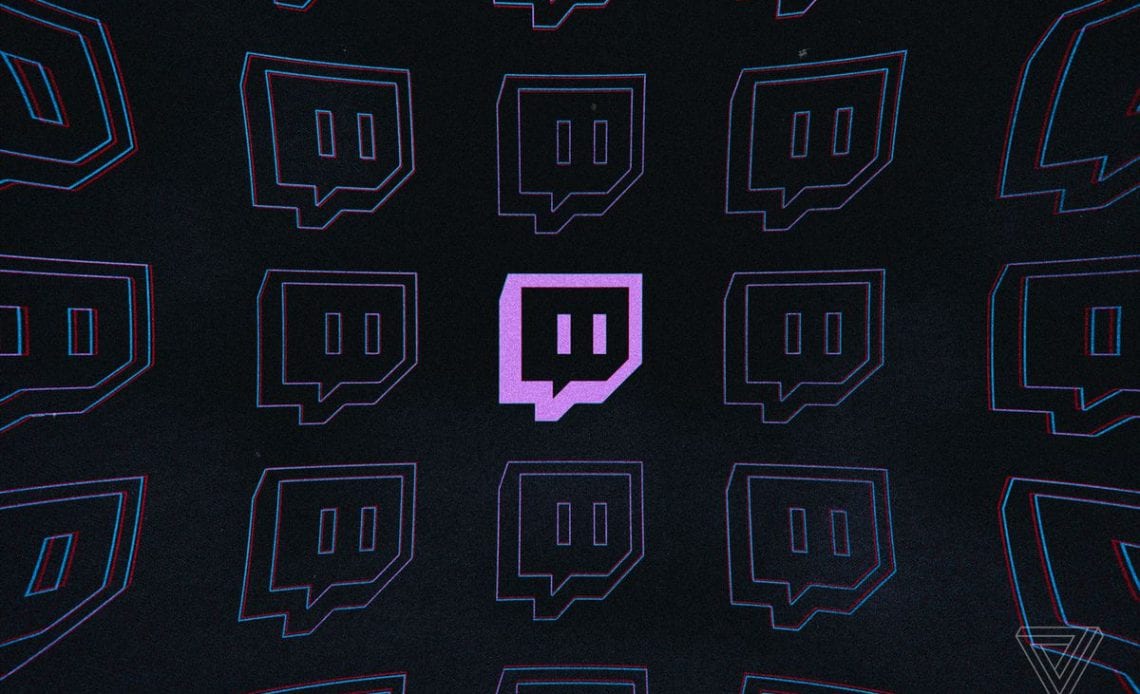
Around a week ago, the professional video game streamer Natalia Mogollon — better known by her handle Alinity Divine — ignited a conflagration that’s burned up most of the recent conversations around Twitch. During one of her live streams, Mogollon became annoyed with one of her two cats and then appeared to throw it over her shoulders and onto the ground behind her chair. The clip went immediately viral, and people around the internet have been calling for Mogollon to be banned permanently from Twitch over claims of animal abuse on her stream. (Twitch has previously banned one streamer, Kneecoleslaw, for abusing her cat on stream; they unbanned her shortly afterward.) It’s turned into a targeted campaign of harassment, largely by men, against one of the most popular women streamers, and it puts Twitch in a tricky position — stuck between a need to defend Mogollon from sexist harassment, and a need to properly moderate its platform.
Twitch has had an ongoing problem with inconsistent moderation. Back in June, Dr Disrespect — real name Herschel “Guy” Beahm — did his first IRL stream live from a bathroom at E3, the largest gaming conference in the US, and was promptly stripped of both his conference badge and his Twitch channel (temporarily). After his return two weeks later, my colleague Julia Alexander spoke to some streamers and pointed out that the short length of his ban was a slap on the wrist, something that might embolden other bad actors. According to Social Blade, a social media metrics company, Beahm didn’t gain quite as many followers as usual during his ban, but its upward trajectory has since resumed.
Incidentally, Beahm was recently asked by a follower about the situation with Mogollon. “If there is a level of inconsistency coming from the platform and favoritism that affects me personally, then that’s an issue,” he said, according to Dexerto. “Honestly, as far as I’m concerned, I don’t even care.”
What’s ironic is that he should; arguably, Beahm’s brief suspension from Twitch only happened because he’s a big enough figure that the platform couldn’t permanently ban him without losing him to a competitor like YouTube, even if he explicitly broke their Community Guidelines. Big names mean big money for Twitch, because they take a cut of every ad viewed and subscription purchased. Bigger names mean more money is at stake.
Mogollon, on the other hand, presents a slightly different problem — one that finds moderation intersecting with the gaming community’s latent sexism. This controversy is largely blowing up because of a previous spat between Mogollon and PewDiePie (real name Felix Kjellberg), Mogollon’s treatment of her cat aside.
Their fight happened after Kjellberg posted a video where he tested an eye tracker — a piece of hardware that tracks your eye movements and visualizes them on-screen — by watching vaguely provocative videos on YouTube sent to him by his followers and resisting the urge to look at anything titillating. One of those videos, titled “SEXIEST TWITCH GIRL STREAMERS APRIL 2017!!! #2” featured Mogollon. “This is so annoying,” Kjellberg said. “Stupid Twitch thots! I just feel like they win over me, okay? And they’re not going to win over me. Stupid Twitch thots. Nope. I am engaged. I don’t need this.” In response, Mogollon filed a copyright claim against Kjellberg.
That feud burned hot and bright — because for YouTubers, copyright strikes are serious business; having three can get your channel permanently banned, no matter how big you are. Kjellberg accused Mogollon of having violated Twitch’s terms of service many times before, implying that she’d received preferential treatment because she’s a woman. Those attacks have resurfaced again. As BuzzFeed News wrote yesterday: “While some popular women users on Twitch have spoken out against Alinity, much of the effort was first led by male gamers who believe that she’s being granted special favors because of her sex.” The idea that women receive special treatment online because of their sex was popularized during Gamergate, the 2014 harassment campaign that targeted women in games.
Twitch declined to comment on the situation with Mogollon. Mogollon had not responded to a request for comment by press time.
There’s no real answer here. Gaming culture has always been hostile toward women, though it massively intensified during Gamergate and has since metastasized across other spheres of the internet. The problem Alinity and Dr Disrespect present is twofold and goes deeper than Twitch, because it’s really a question of responsibility; platforms have an obligation to protect people like Mogollon from sexist harassment, and they also have to figure out what to do when one of their stars intentionally breaks their terms of service, like Beahm did at E3. Twitch doesn’t have an answer yet. But then again, nobody does.
Author:
Source: Theverge
Tags:



